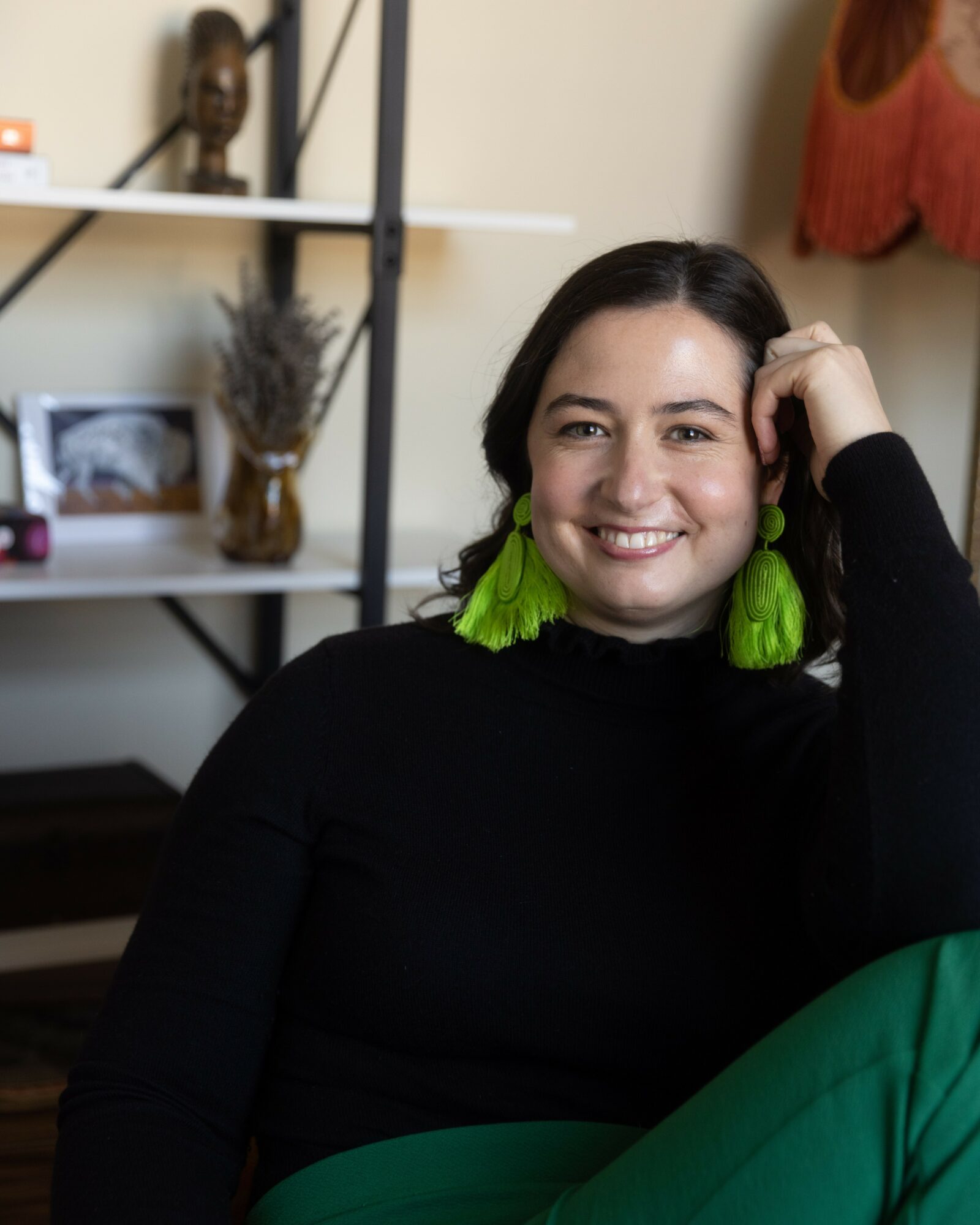

Today we’d like to introduce you to Ciara Bogdanovic.
Alright, so thank you so much for sharing your story and insight with our readers. To kick things off, can you tell us a bit about how you got started?
I knew I wanted to be a therapist once i started my undergraduate degree so I majored in psychology at NYU and dove into hands-on work early on. I interned as an abortion doula, provided horticulture therapy to incarcerated individuals at Rikers Island, and ran eating disorder support groups for high school students.
After graduating, I moved to the Netherlands to study forensic psychology at Maastricht University. I chose that program because of my interest in working with people who are often misunderstood or marginalized. When I returned to the U.S., I pursued my master’s in clinical psychology at Pepperdine University in Los Angeles. In LA, I worked with both survivors and perpetrators of domestic violence. I also provided full-model Dialectical Behavior Therapy (DBT) to clients dealing with suicidality and self-harm, which gave me a strong foundation in working with emotion dysregulation, trauma, and high-risk clinical presentations.
In 2023, I founded my private practice, Sagebrush Psychotherapy. What began as a solo venture is now a small, tight-knit team of four practitioners. We specialize in treating complex mental health issues including trauma, borderline personality disorder, and relational struggles. My practice exists for people who have been carrying deep emotional pain for a long time. Pain that’s often been minimized or misunderstood by others. I aim to offer therapy that is grounded in research and shaped by real relational depth. I approach this work with directness, honesty, and care.
I’m sure it wasn’t obstacle-free, but would you say the journey has been fairly smooth so far?
It definitely hasn’t been a smooth road. The path to becoming a licensed therapist is long and often unforgiving. You’re doing deep, emotionally demanding work while balancing supervision, school, and exams, usually for very little pay. But I never stopped loving the work. Sitting with clients in their hardest moments always felt like a privilege. When I was with my clients I knew I was exactly where I needed to be.
My journey taught me a lot about resilience and boundaries. Those early years shaped how I now support the clinicians on my team. I want them to feel supported, not just clinically, but also as whole people navigating a difficult system.
As you know, we’re big fans of Sagebrush Psychotherapy. For our readers who might not be as familiar what can you tell them about the brand?
Sagebrush Psychotherapy is a small group practice based in Los Angeles. We specialize in working with people navigating complex mental health issues. Things like chronic suicidality, Borderline Personality Disorder, intense anger, complex trauma, shame, and relationship patterns that feel hard to shift. These are the kinds of concerns that are often misunderstood or even avoided by other providers. At Sagebrush, we don’t shy away from intensity. We work well with people who think deeply, feel deeply, and often haven’t found previous therapy helpful.
We use research-backed treatments like DBT, Schema Therapy, and EMDR, but ultimately prioritize connection and understanding with our clients. What makes us different is our ability to sit with clients in hard places without flinching or rushing the process. Healing comes from depth, consistency, and a relationship that can hold the full weight of what someone is carrying.
This kind of therapy requires a strong relationship, a high level of attunement, and the ability to tolerate intensity without reacting from fear. I built this practice to be the kind of place where people with deep, ongoing pain can feel respected, engaged with, and truly supported.
Do you any memories from childhood that you can share with us?
It’s not one particular moment but a feeling that I like to look back on. One of my favorite childhood memories is laughing until my stomach ached. That kind of full-body laughter that comes without self-consciousness. What stands out to me now is the authenticity of it. The way kids can be completely present and unfiltered. It is something I try to stay connected to, both in my life and in the work I do.
Contact Info:
- Website: https://www.sagebrushpsychotherapy.com
- Other: https://g.co/kgs/uh9P11C
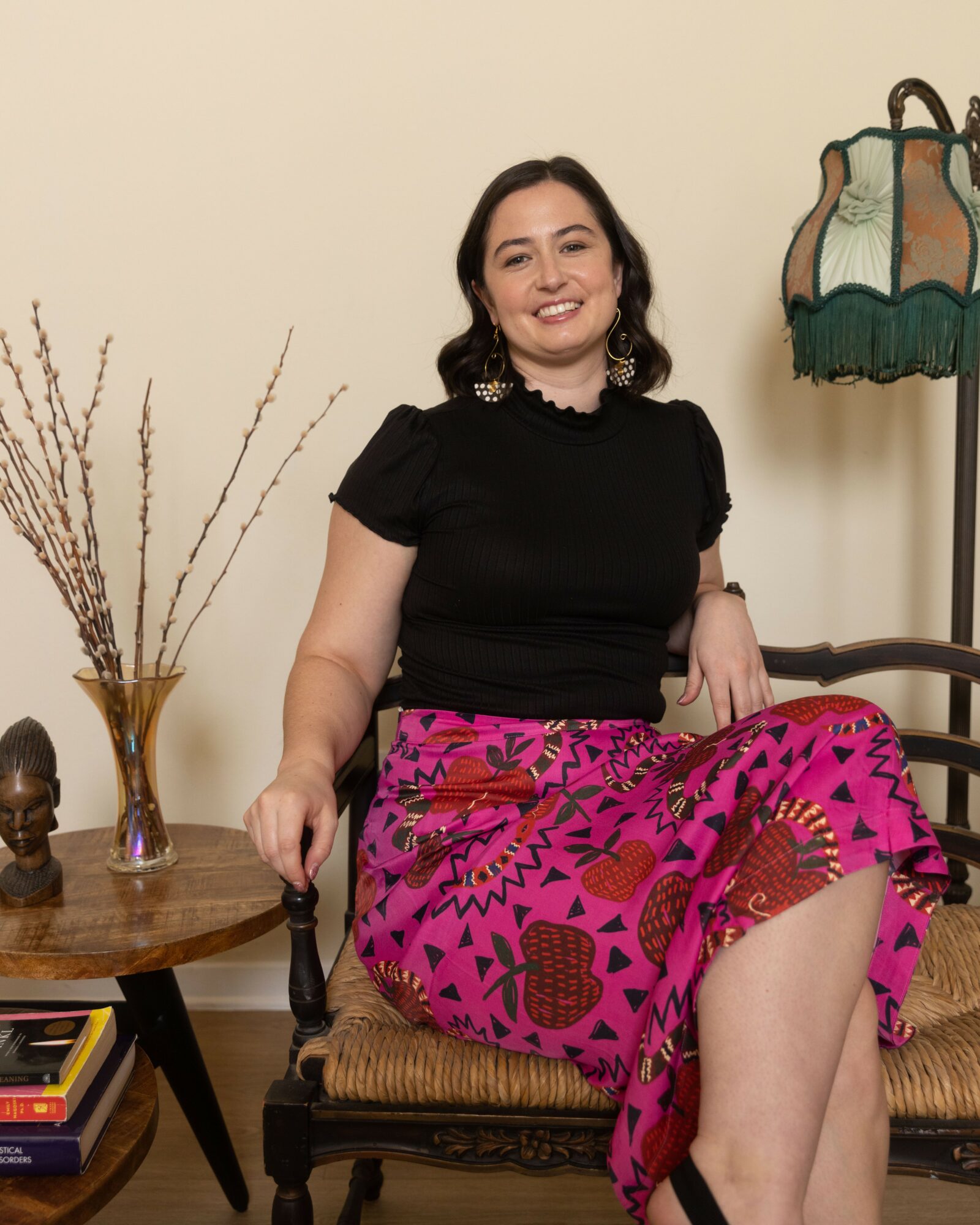
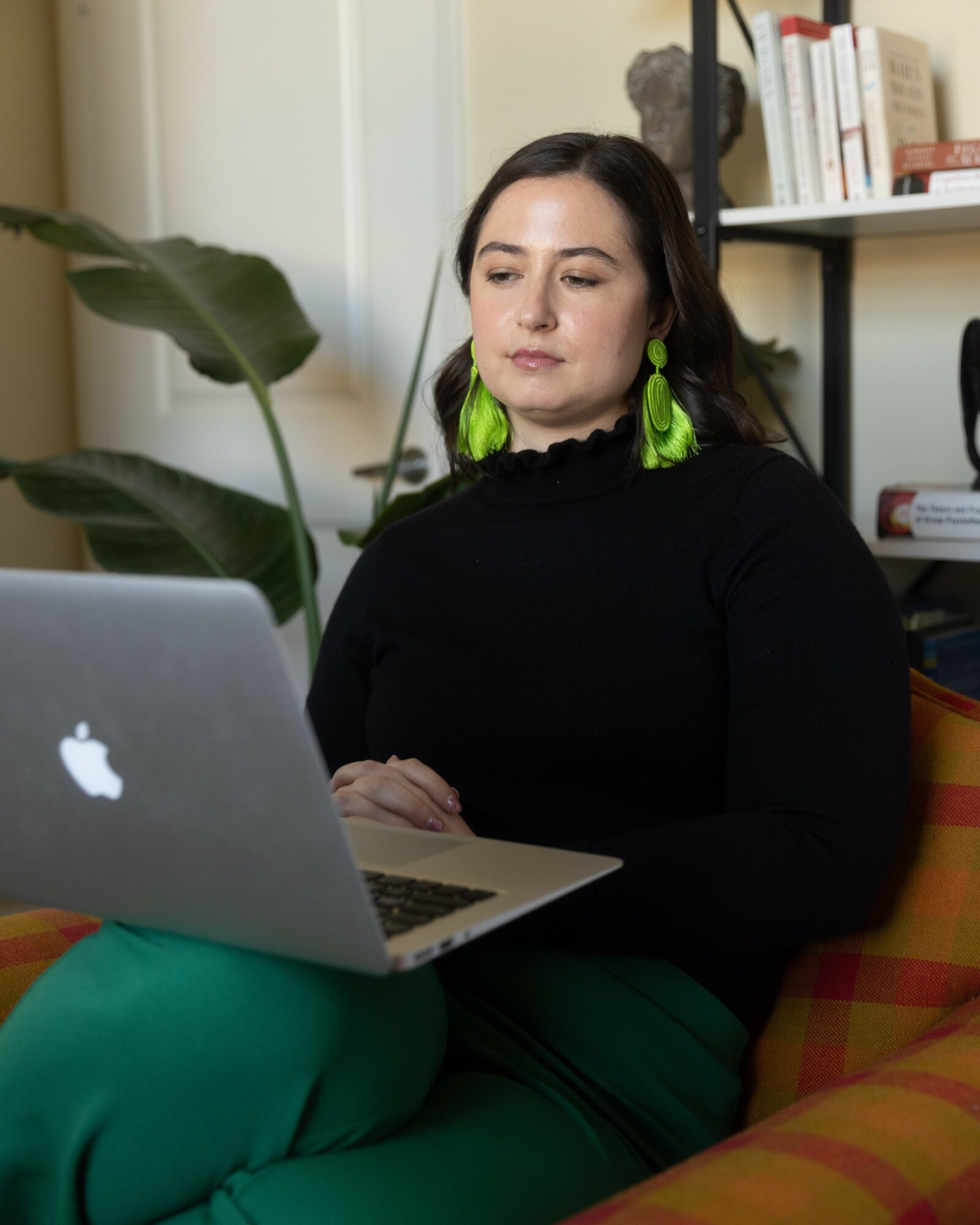
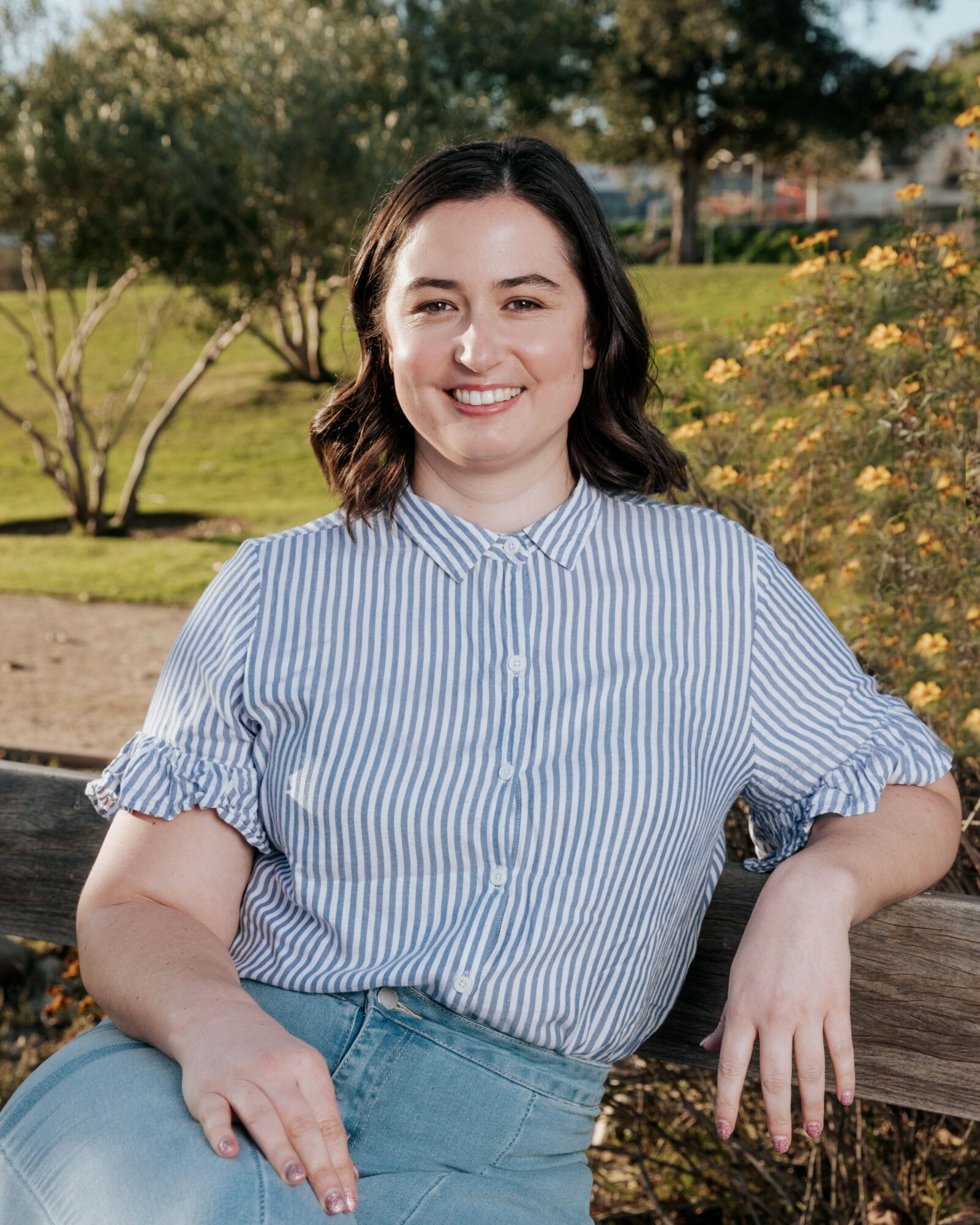
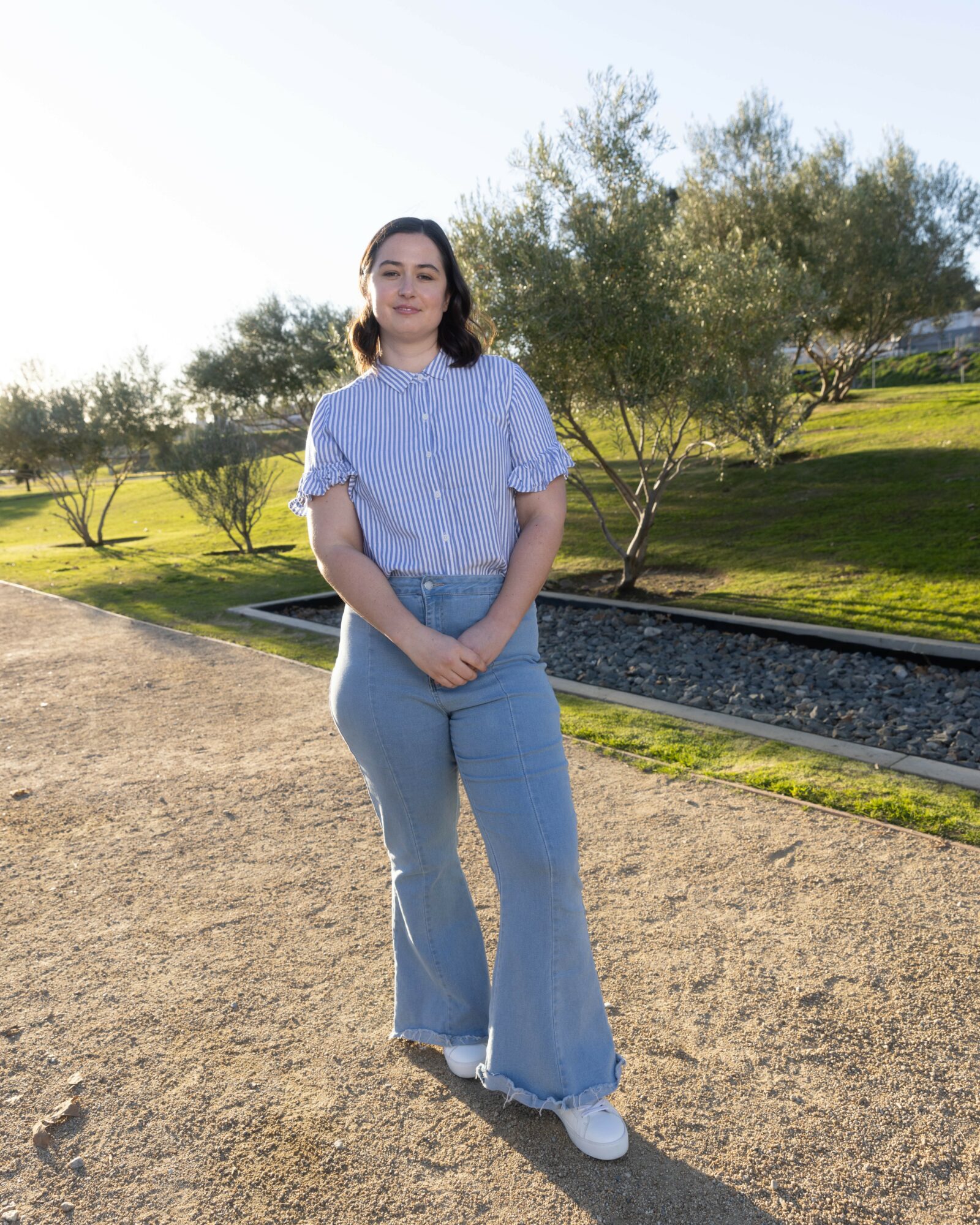
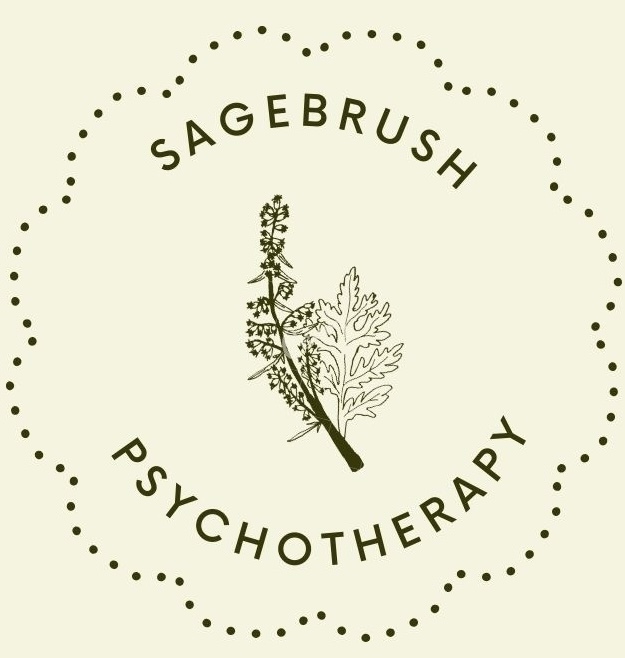
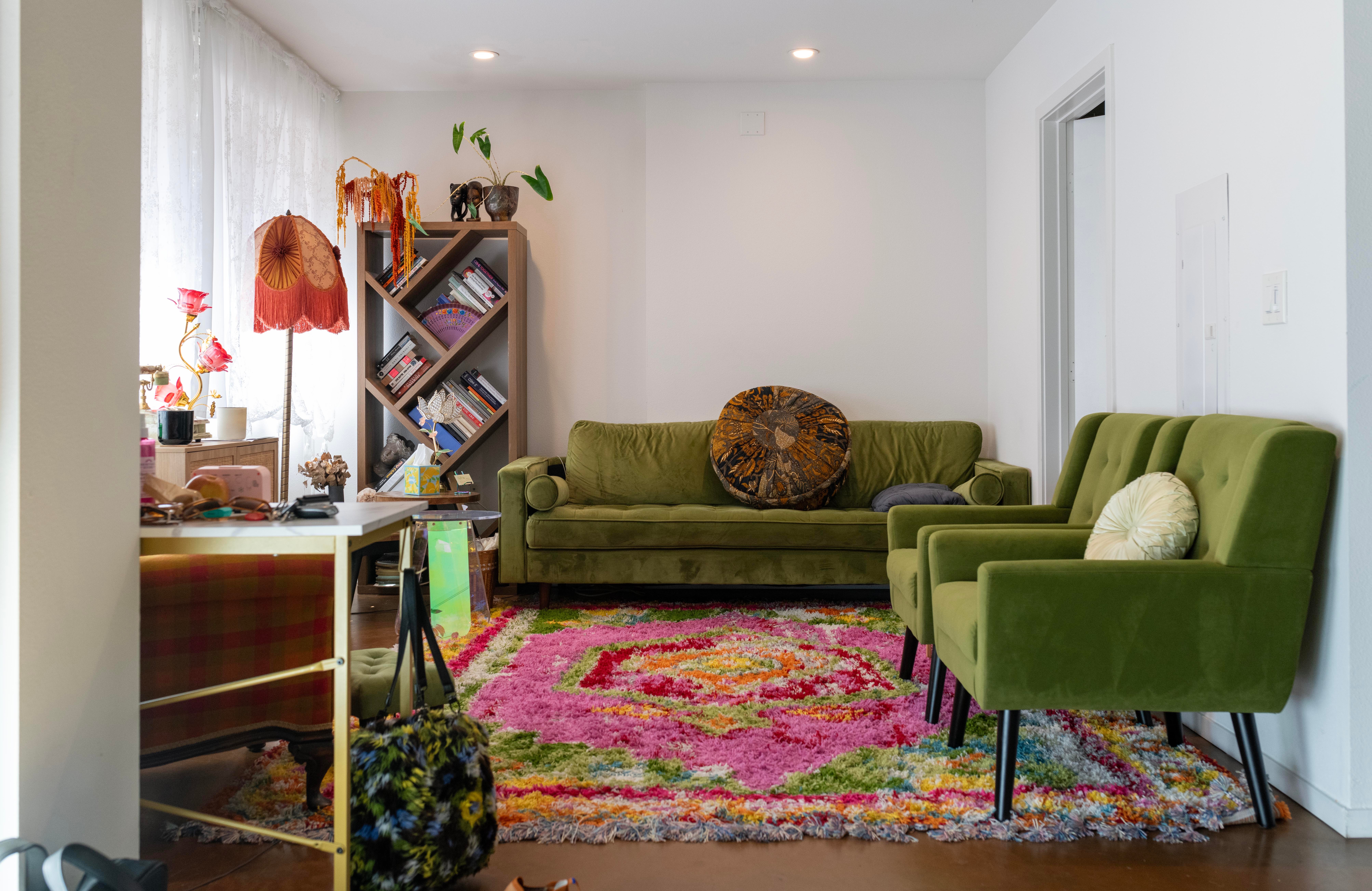
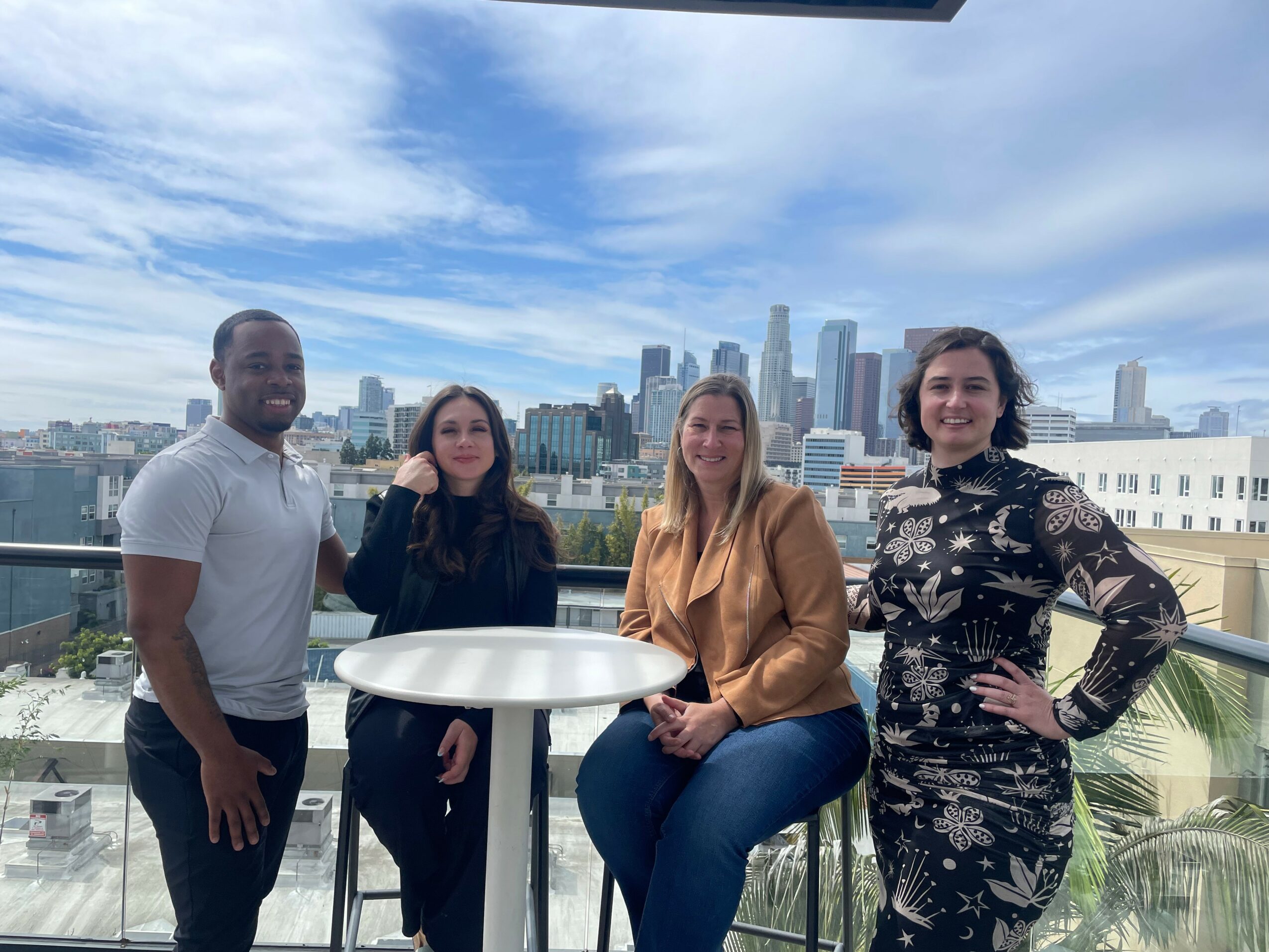
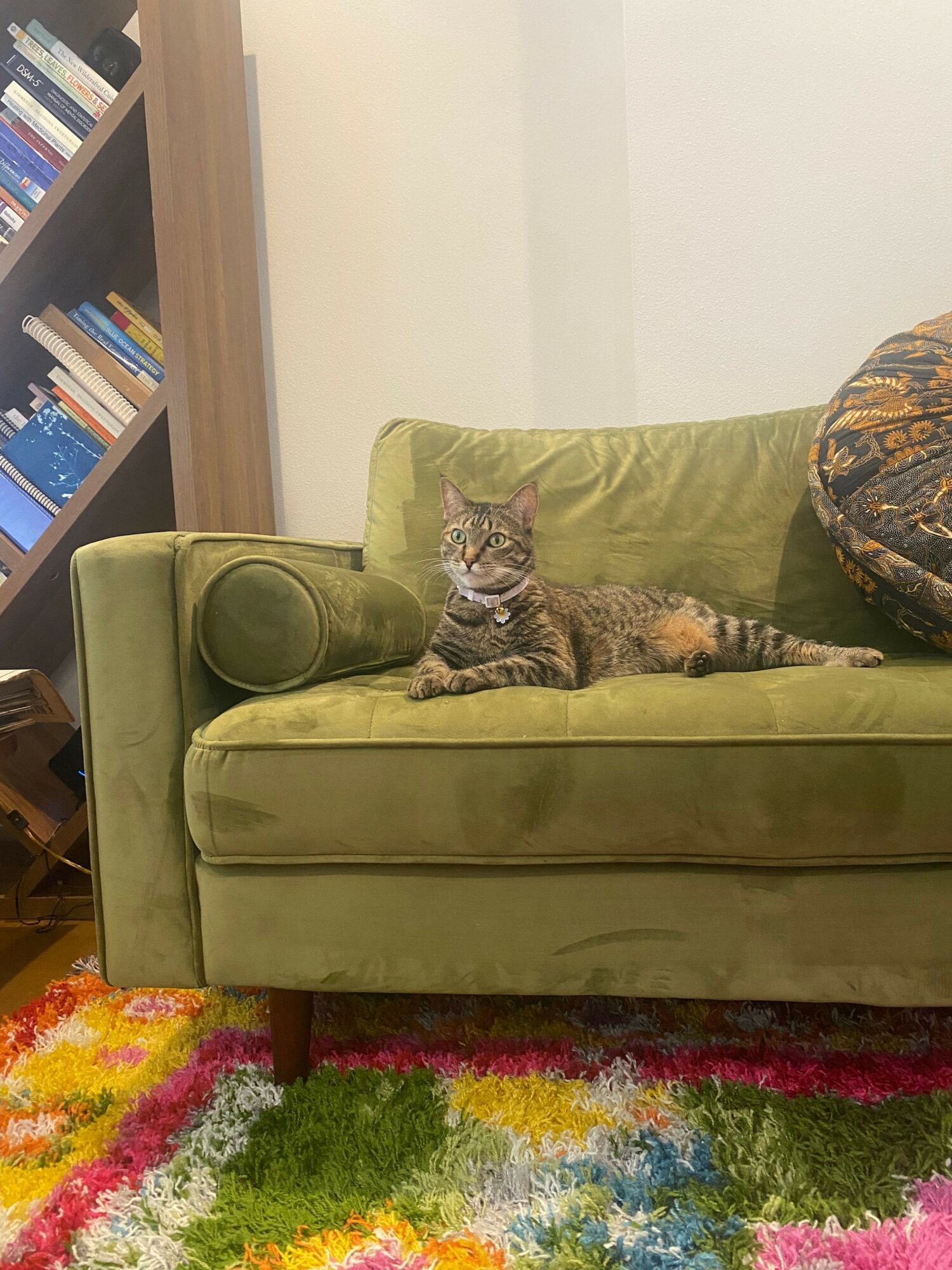
Image Credits
Willy Reed
Paula Neves














